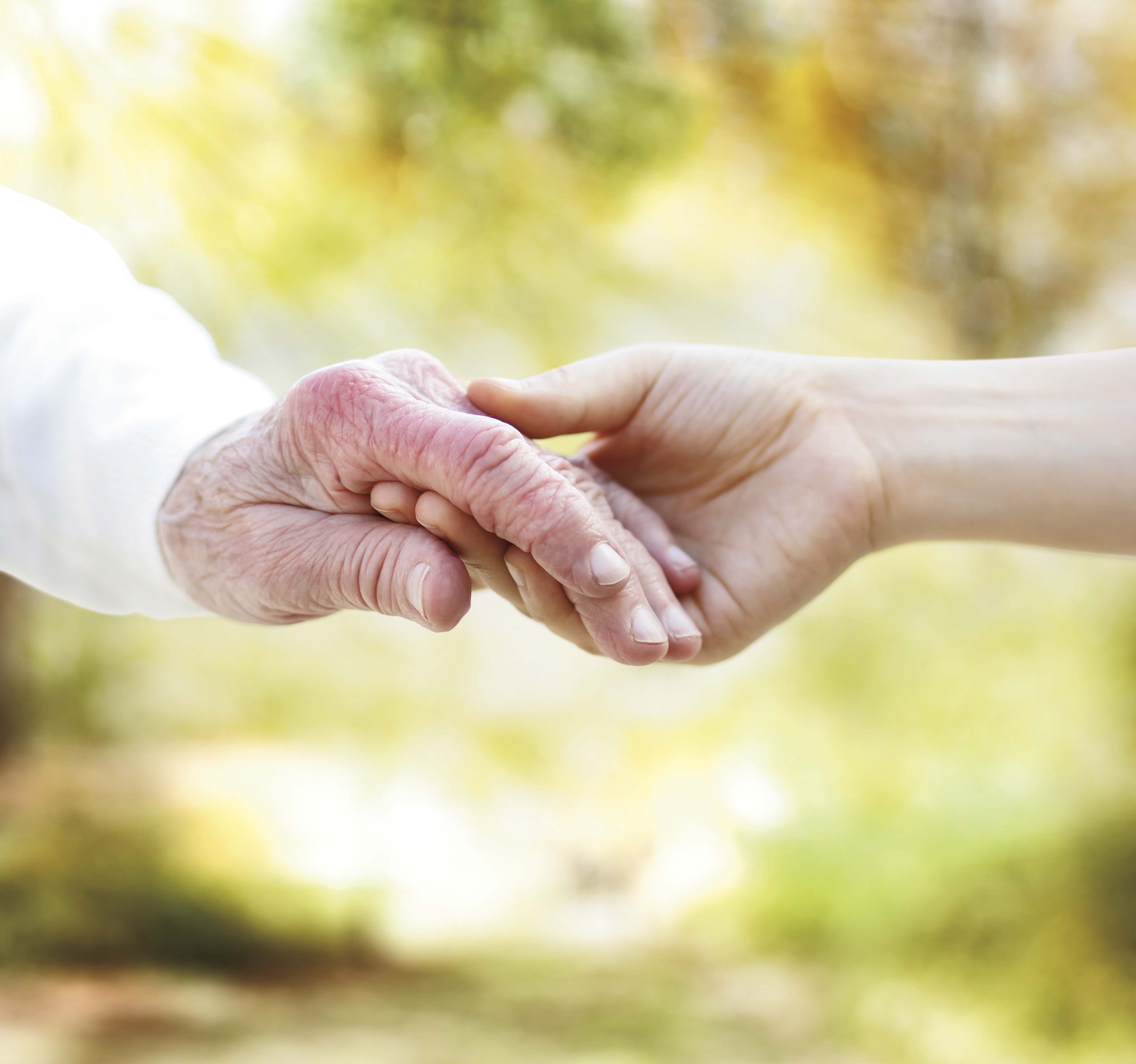Caregiving 101: Top Tips For Maintaining Your Own Mental and Physical Health

Many people liken caring for our aging loved ones as providing the same care they gave to us when we were children. But, this really isn’t an apt comparison. Children grow and become less dependent on you; elderly people who are not well will continue to decline, and become increasingly dependent on others for their variety of health needs.
There is great joy to be had in raising children; while you may feel a sense of purpose from caring for an aging parent, I imagine joy doesn’t factor too heavily into the equation.
There can be a range of powerful emotions that surface when taking on the role of a caregiver, like guilt and resentment. It is easy to let this role consume us if we are not careful. The road ahead may not be easy, but there are lots of ways we can minimize the stresses. Here are just a few tips for keeping your own wellness in check.

This part can be tough because we worry we will come across as selfish, but it is necessary for your sanity and physical health. Many people receiving care are all too happy to let you do as much as possible for them-who wouldn’t like to be waited on hand and foot and not have to worry about doing anything for themselves. Be careful of falling into that trap. The more you do for your loved one, the more they will let you keep doing. Don’t do things for them of which they are capable of doing themselves.
What is important to you now that you refuse to sacrifice for providing this care? Maybe it is keeping your marriage intact, or not neglecting your children. Are you unwilling to quit your job or give up certain activities? When you firmly decide what will remain priorities, it is easier to make sure this is what actually happens.
Caring for an elderly person with a range of health issues is no easy task, and the average person is often not qualified to provide the level of care necessary. The time required can involve completely sacrificing one life for another. Caregivers are often driven by a sense of guilt to totally shoulder the burden alone, as if letting someone else help means you love the person less.
It is important to know when your limits have been reached, and when you need help. Start researching home care options, or respite services that allow you for some time away. If things have reached a point where your loved one can’t even be alone for any length of time, or requires in depth care, you might need to start the process of choosing a long-term care facility.
This situation is stressful, no two ways about it. Stress is really not the problem in and of itself—it is our poor track record with dealing with it. We love to talk about how stressful our life is, and we almost wear it like a badge of honor. Did you know about 1/3 of caregivers die before the people they are taking care of? Too many see their own health, mental and physical, get completely destroyed, succumbing to all sorts of deadly issues.
You must make managing your stress a priority. Not only will you feel better overall, you will find it easier to handle the myriad challenging tasks with which you are faced on a daily basis. Don’t be a martyr. It isn’t helping anyone.
